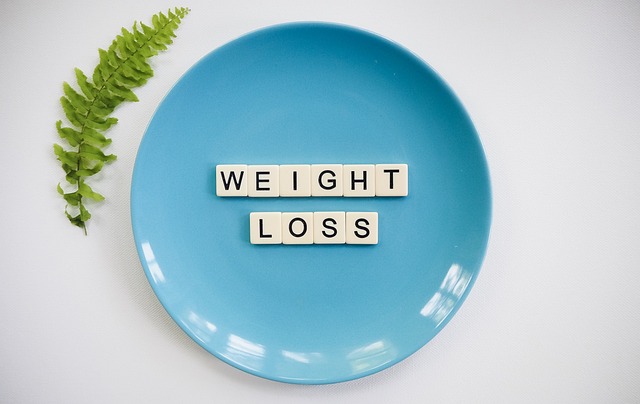In a world full of quick fixes and trendy diet plans, the idea of sustainable weight loss often gets lost. Fad diets promise dramatic results in short periods but more often than not, they lead to frustration, rebound weight gain, and discouragement.
If you’re tired of cycling through diet after diet, this guide will help you understand why fad diets fail and what you can do instead to achieve real, lasting results.
Why Fad Diets Don’t Work
Fad diets are everywhere, but they often fall short for several key reasons
1. They’re Not Sustainable
Extreme restriction cutting carbs, skipping meals, or drinking only liquids may work for a week, but it’s nearly impossible to maintain long term. When the diet ends, old habits return.
2. They Ignore Individual Needs
Fad diets offer one-size-fits-all solutions, ignoring your unique body type, metabolism, preferences, and lifestyle. Sustainable health requires personalization.
3. They Don’t Teach Healthy Habits
Quick-fix diets don’t build long-term skills like meal planning, emotional eating awareness, or portion control—habits necessary to maintain results.
4. They Can Harm Metabolism
Drastically reducing calories can lower your metabolism and lead to muscle loss, making it harder to lose weight in the future and easier to gain it back.
What to Do Instead The Sustainable Approach
Unlike crash diets, sustainable weight loss focuses on making lasting lifestyle changes. Here’s what actually works
1. Eat Mostly Whole, Nutrient-Dense Foods
Build your meals around vegetables, fruits, whole grains, lean proteins, and healthy fats. These foods naturally support satiety, energy, and metabolic health.
2. Create a Small, Steady Calorie Deficit
Instead of extreme cuts, aim for a moderate calorie reduction about 250 to 500 calories per day. This supports a healthy weight loss rate of 0.5 to 1 pound per week.
3. Practice Mindful Eating
Pay attention to hunger and fullness signals. Avoid distractions during meals and learn to differentiate between physical hunger and emotional cravings.
4. Exercise Consistently
Regular movement improves mood, metabolism, and overall health. Choose activities you enjoy whether it’s walking, lifting weights, biking, or yoga and stick to a routine you can maintain.
5. Get Enough Sleep and Manage Stress
Poor sleep and high stress can increase cravings, reduce motivation, and impact hormone levels. Aim for 7 to 9 hours of sleep and include stress-reduction habits like journaling or nature walks.
6. Be Patient and Stay Consistent
Sustainable change doesn’t happen overnight. Focus on progress, not perfection, and trust the process. Small wins compound over time.
How to Spot a Fad Diet
If a diet plan includes any of the following red flags, it may not be worth your time
-
Promises rapid weight loss (more than 2 pounds per week)
-
Eliminates entire food groups
-
Requires costly supplements or detox products
-
Lacks scientific support or expert guidance
-
Suggests exercise is unnecessary
Sustainable weight loss isn’t about perfection it’s about consistency and balance. Fad diets may offer quick results, but real success comes from long-term, lifestyle-driven habits.
By eating nourishing foods, moving regularly, managing stress, and being patient, you can finally break free from the diet cycle and achieve results that last.


